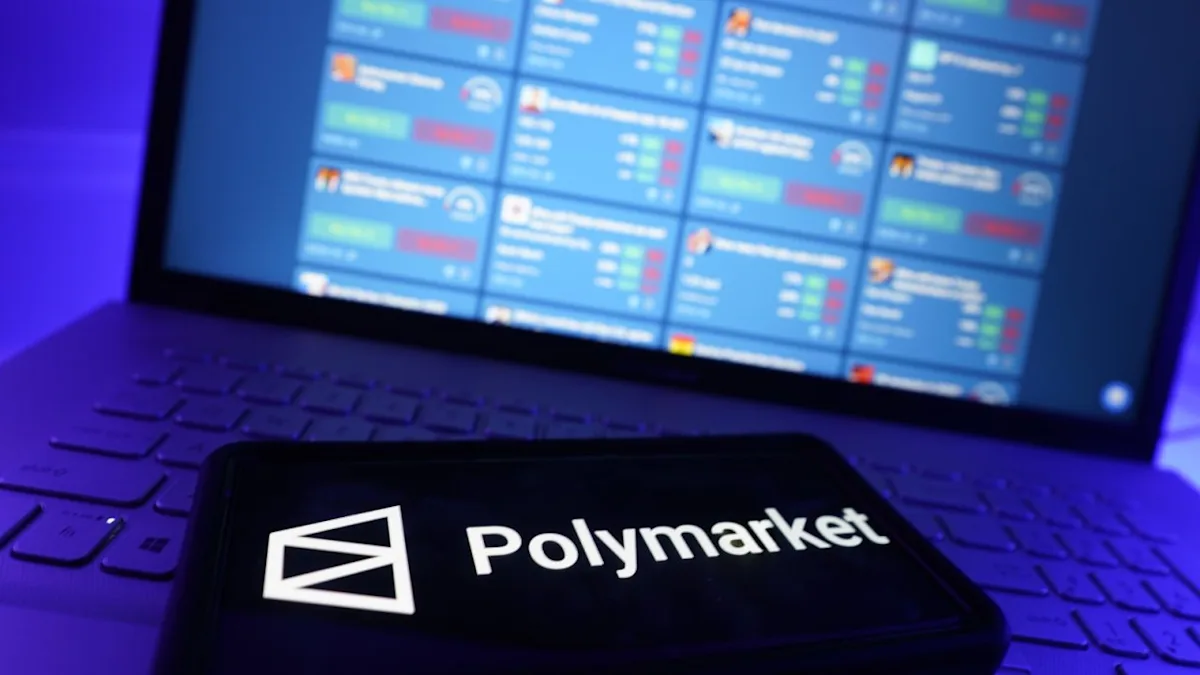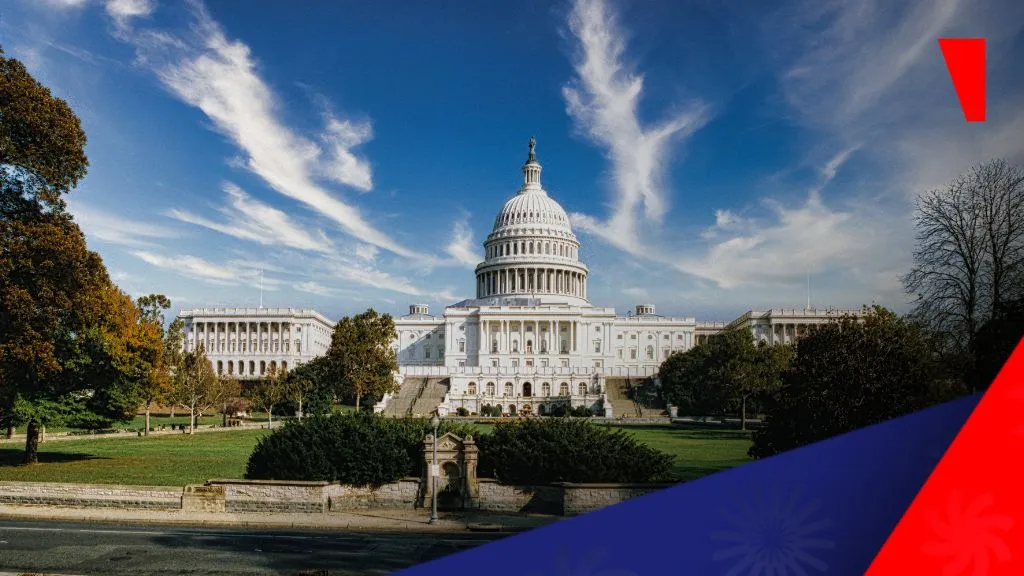In his 2026 budget, Chicago Mayor Brandon Johnson is proposing a 10.25% tax on adjusted gross sports betting revenue collected in the city. When the maximum state levy is included, this would raise the combined rate for the top operators in Illinois to above 50%.
If approved as is, Johnson’s $16.6 billion budget, which would go into effect on January 1st, offers several options for reducing the city’s $1.15 billion deficit. In its interim report on gaming in the city, which was released in late August, the city’s budget task committee did not approve the sports betting tax proposal, which is expected to bring in $26 million. The group estimated that a 25- or 50-cent per wager surcharge for online, city-based betting would generate between $8.5 million and $17 million.
After Illinois Governor JB Pritzker signed his budget into law, a per wager surcharge went into effect at the state level on July 1st, the first day of the new fiscal year. For the first 20 million wagers that are accepted, the ten mobile sportsbooks in the state pay 25 cents each, and after that, they pay 50 cents.
Over $10 million was raised in July and August, but when September’s sports betting data is released, it is anticipated that the amount will have significantly increased as industry leaders FanDuel and DraftKings almost certainly surpassed 20 million wagers for the fiscal year during the month to start paying the 50-cent surcharge.
For the second year in a row, Illinois lawmakers drastically changed how they collected money from sports betting. In Fiscal Year 2025, Pritzker’s budget shifted the tax rate from a base rate of 15% on adjusted gross revenue (AGR) to a progressive rate that ranges from 20% to 40% depending on revenue thresholds across the fiscal year. With the revised rates, the state’s tax income increased by $261.9 million over FY 2024.
A horse exchange might be on the horizon.
There is no guarantee that the tax will be included in Johnson’s final budget approved by the City Council, but the fact there was no mention of an ordinance passed at the committee level to introduce video gaming terminals (VGTs) in the city on a limited basis means there is something aldermen can trade if they feel the sports betting tax will gain no traction.
Johnson is opposed to allowing VGTs in the city, which would also risk Bally’s foregoing a $4 million annual payment to the city as part of the Host Community Agreement for bringing a casino to the River West neighborhood. Johnson’s budget projects $44 million in tax revenue from Bally’s, which is expected to open its permanent venue in late September.
Since launching in September 2023, Bally’s temporary casino at the neighbouring River North at Medinah Temple has failed to achieve city revenue projections. According to Johnson’s estimates, tax revenues would total $35 million in 2024 and 2025; Bally’s made $16.1 million in 2024 and $11.4 million as of September of this year.
Courtesy: https://www.covers.com, https://www.casino.org, https://pechanga.net








